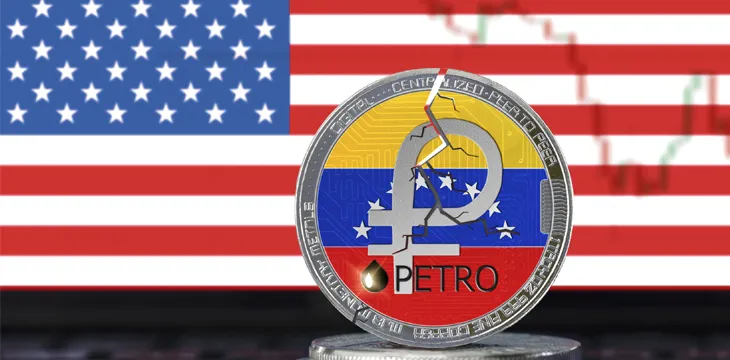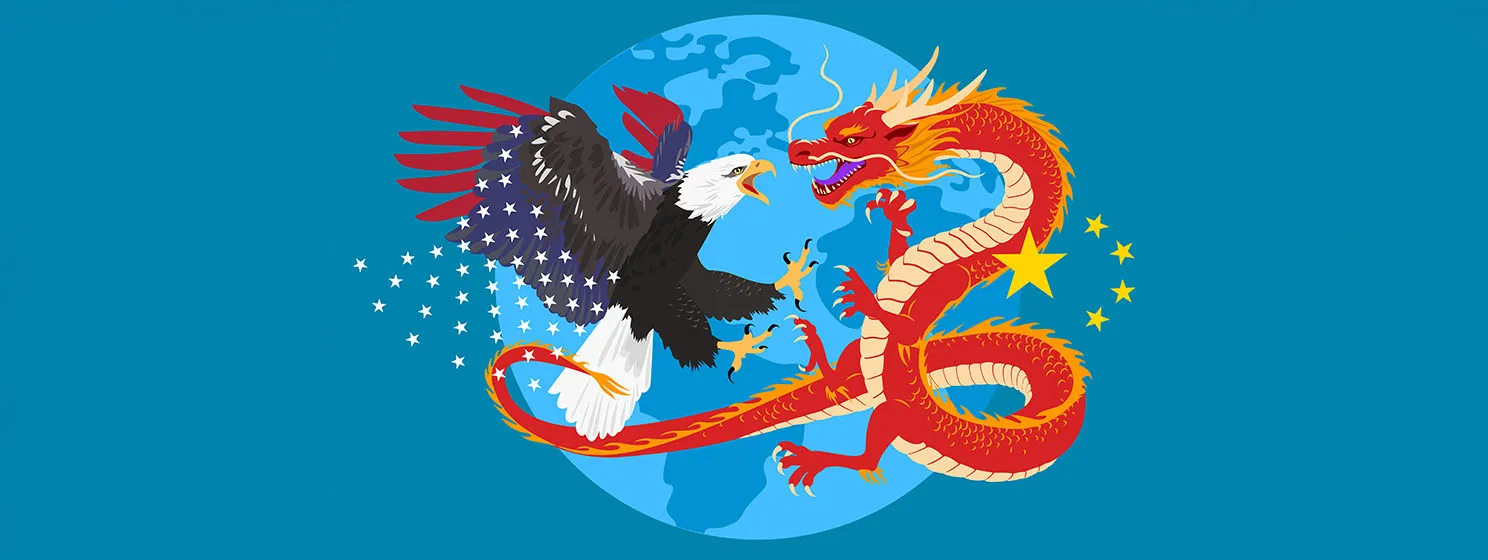|
Getting your Trinity Audio player ready...
|
The government of Venezuela has filed a complaint with the World Trade Organization (WTO) over U.S. sanctions, including those against the state-backed Petro, in the latest row to emerge over the controversial cryptocurrency.
The claim was published on January 8 for the first time, but filed by the socialist government of Venezuela in December, and alleges that the U.S. has acted in breach of Venezuela’s rights under the General Agreement on Tariffs and Trade (GATT) and the General Agreement on Trade in Services (GATS).
Among other allegations, the complaint details measures taken against the state-backed Petro and transactions in “Venezuelan digital currency.”
According to the wording of the complaint, Venezuela alleges the US is using ‘coercive’ measures designed to harm the country’s economy. It claimed, “The United States has imposed certain coercive trade-restrictive measures on the Bolivarian Republic of Venezuela in the context of attempts to isolate Venezuela economically.”
Flagging these as “discriminatory coercive trade-restrictive measures,” Venezuela has asked the WTO to rule on whether this constitutes a breach of GATS provisions.
“Furthermore, inasmuch as digital currencies originating in the United States are not subject to the same prohibitions as Venezuelan digital currencies, the United States is according less favorable treatment to Venezuelan financial services and service suppliers than to like domestic financial services and service suppliers, in violation of Article XVII:1 of the GATS,” the complaint stated.
The Petro was first unveiled by President Nicolas Maduro in 2017 to widespread condemnation, both in Venezuela and further afield. The cryptocurrency was finally launched in 2018, and its use has since been mandated in several industries since.
Opponents at home label the currency as unconstitutional, given that it is backed by state oil resources, while in the U.S. and much of the rest of the world, the cryptocurrency is seen as a deliberate attempt to evade international sanctions.
Under the terms of WTO arbitration, the U.S. has 60 days to respond to the complaint, before the WTO will be invited to rule on the substance of the filing. Article XVII:1 of GATS requires WTO member states to treat financial services suppliers from other member states no less favorably than the domestic operators.

 09-10-2025
09-10-2025 





